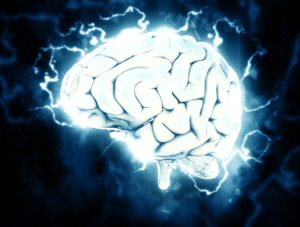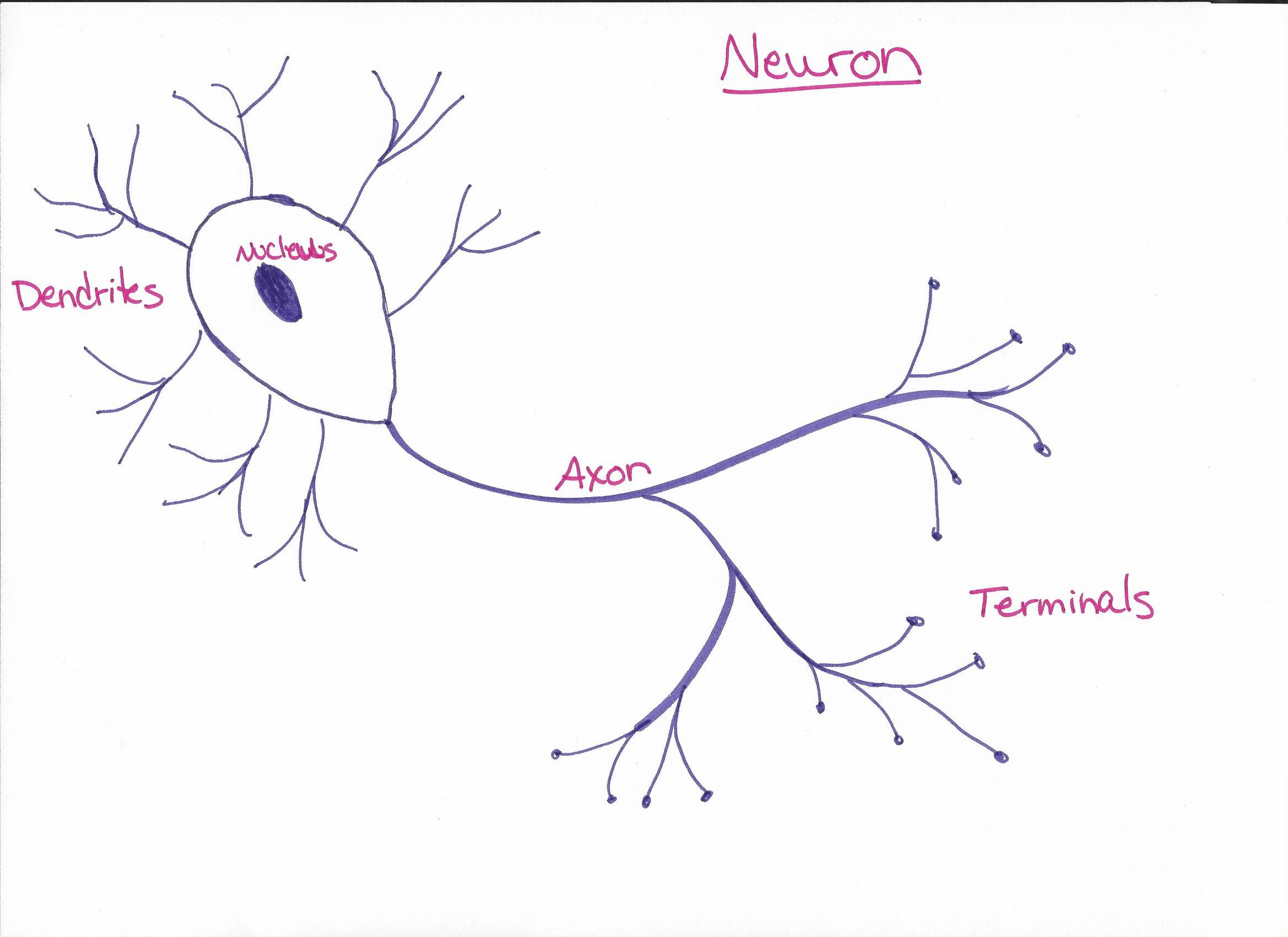Male DNA in the Female Brain

*Sorry again for crying baby*
Male DNA In The News
The news reported that scientists had discovered a link between male DNA found in the brain of the women who gave birth to sons.
Microchimerism = DNA fragment of another organism that incorporates into you
This particular microchimerism involves the Y chromosome (because otherwise, you wouldn’t know it was specifically male).
Other documented microchimerism studies have reason to believe they may be beneficial – especially in a process called immuno-surveillance (when the immune system is patrolling around looking for things that don’t belong there).
The blood brain barrier is the last layer of cells between what’s in your blood and your brain cells. DNA fragments are small and can easily pass through the BBB, especially during pregnancy when membrane permeability (the penetrable-ness) has increased all throughout the body already.
The primary resource written by the scientists that did the study of the female brains states that their findings were pretty much inconclusive – partly due to the small sample size of brains they had available. And they couldn’t study living people. They were mostly trying to decide if this male microchimerism had a positive or negative effect on Alzheimer’s risk. The final conclusion – we dunno. Another obstacle was that the complete health history of the samples they used was not known.
Other sources have stated hypotheses regarding the number of children a woman has and the risk of early onset Alzheimer’s.
This issue with reporting on studies like these is that Alzheimer’s has so many factors that may increase or decrease risk and science is pretty sure there’s NOT just one thing that will cause or prevent someone from developing this disease.
The only thing they could conclude is that microchimerisms are evolutionarily significant.
Here’s the primary journal article.
Connect with me
Support us on Patreon
*NEW* Join the Pharmacist Answers Podcast Community on Facebook
Subscribe: iTunes, Stitcher, GooglePlay, TuneIn Radio
Music Credits: “Radio Martini” Kevin MacLeod (incompetech.com) Licensed under Creative Commons: By Attribution 3.0 http://creativecommons.org/licenses/by/3.0/


